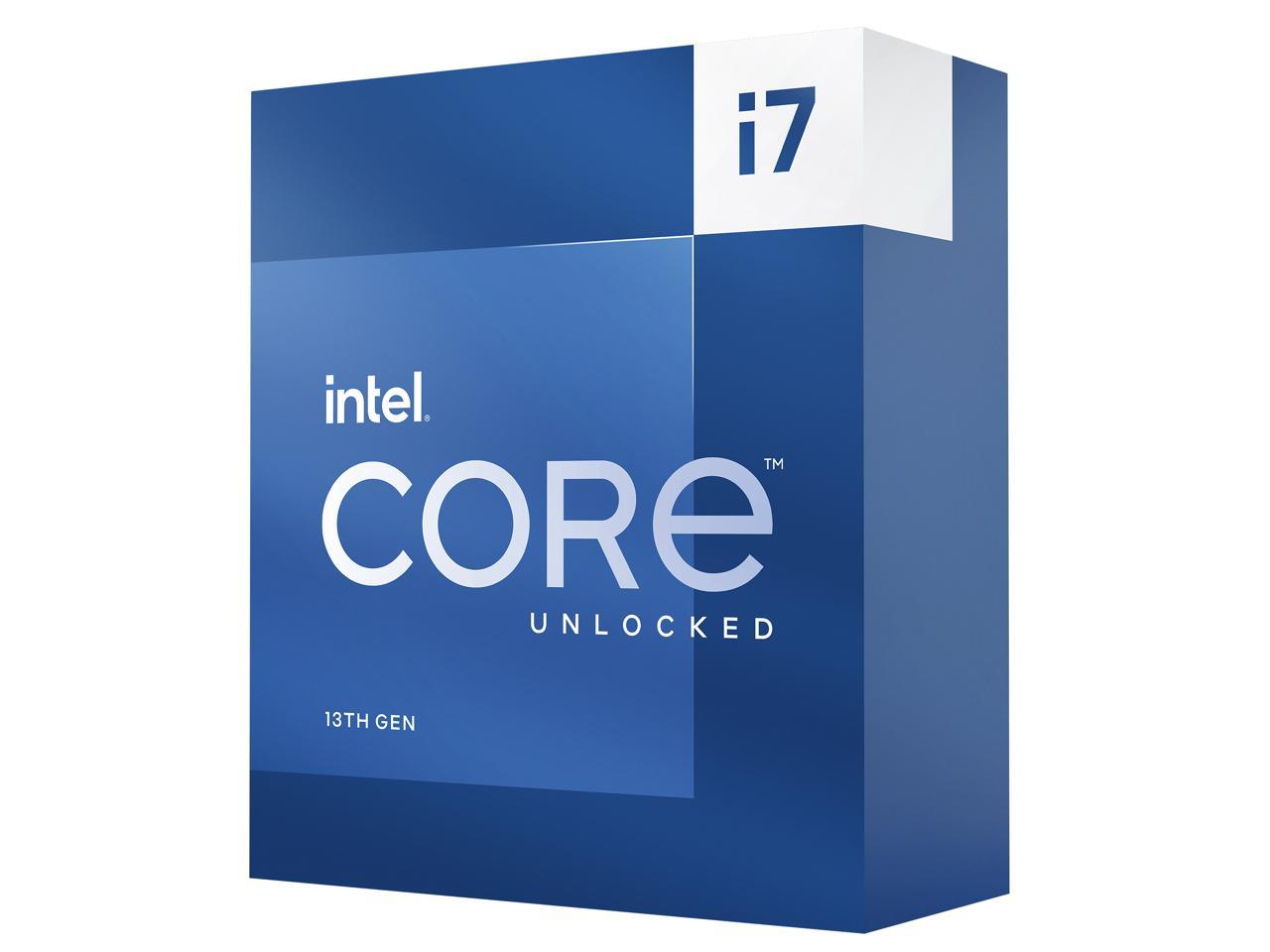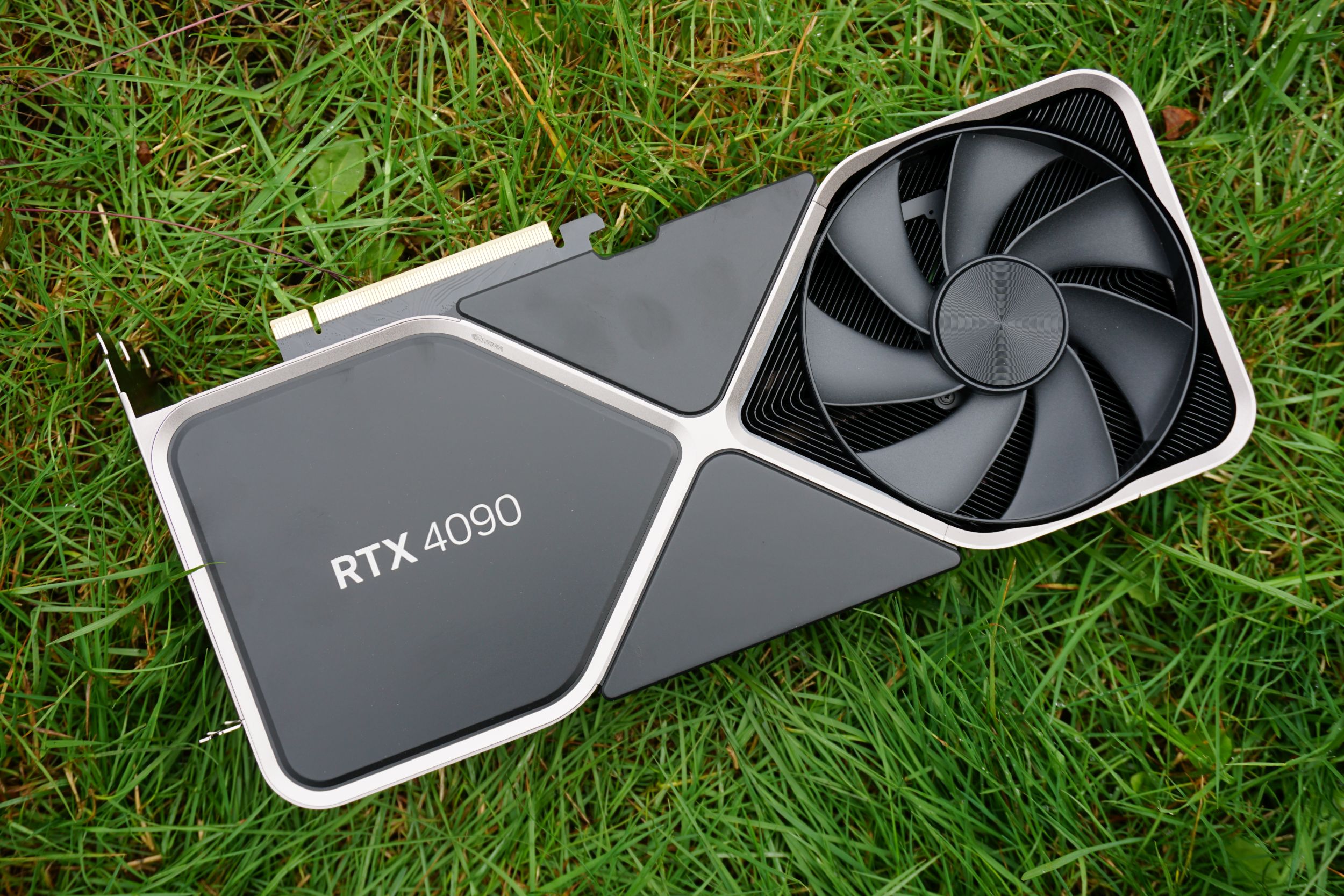The AMD Ryzen 9 7950X3D’s launch at the end of February made one thing abundantly clear: the first of Team Red’s 7000-series 3D V-Cache processors were gaming monsters. Their extra additional layer of spicy L3 cache supercharged their performance.
But the chip everyone was waiting on—the Ryzen 7 7800X3D—was still a question mark. Held until its April 6 launch, the $450 CPU is the “affordable” option compared to the $699 7950X3D and $599 Ryzen 9 7900X3D, and one that many gamers were eyeing with ready anticipation. We knew the 7800X3D’s technical details (which you can dig into via
Ryzen 7 7800X3D
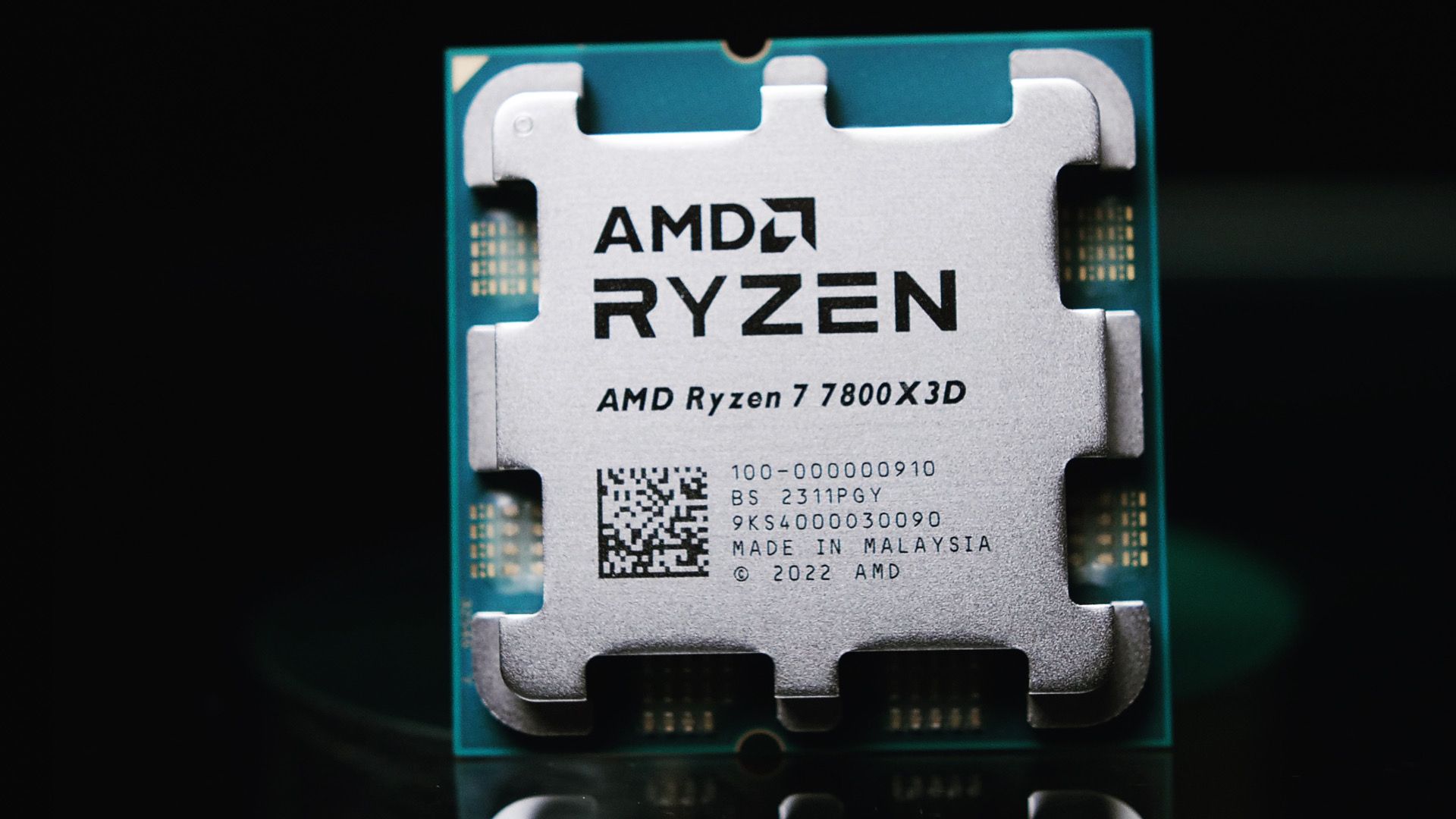
Now with this chip on shelves, we finally know: Like its siblings, this processor is a beast, too. In fact it’s the best CPU you can buy for gaming, if that’s all you do.
Of course, there’s more to this latest addition to the Ryzen 7000 lineup, as the benchmarks from all around the web show—and the info can heavily influence if the 7800X3D is right for you. Here’s what you need to know.
In games, it sits with Intel and AMD’s best chips
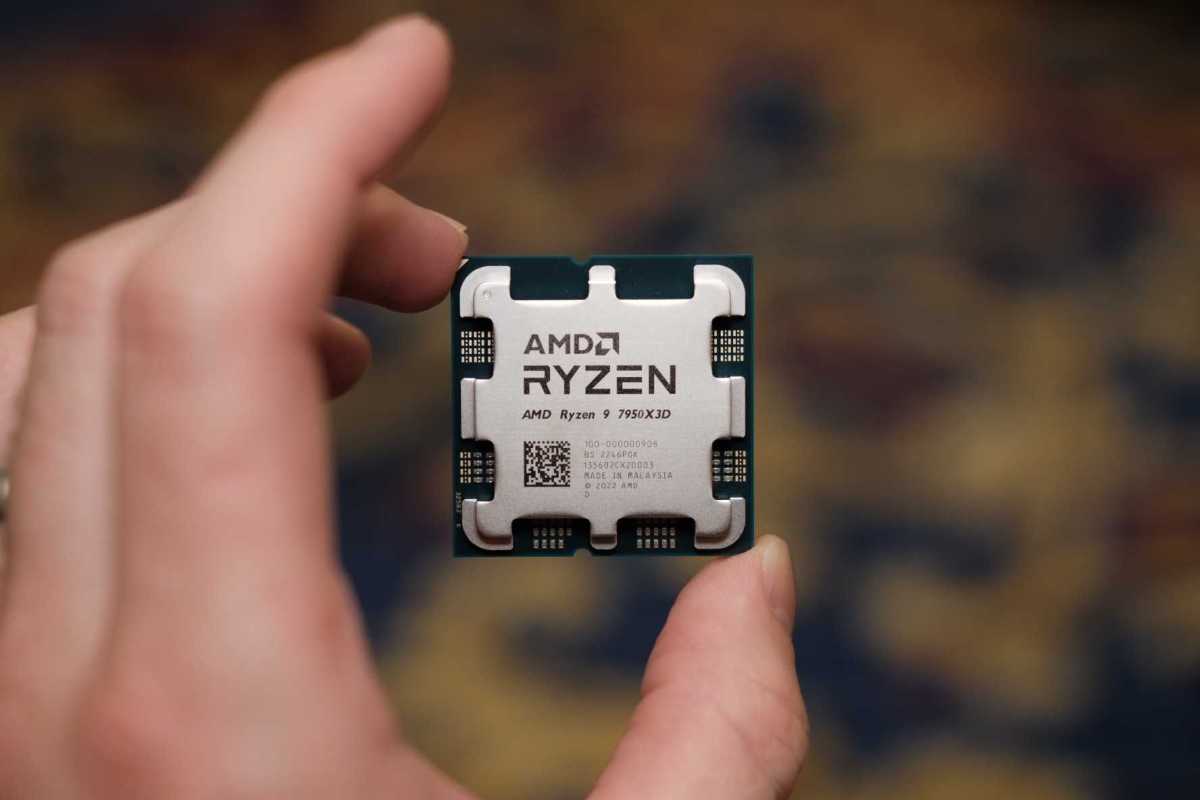
Adam Patrick Murray / IDG
On site after site, the benchmarks show a similar outcome—the Ryzen 7 7800X3D punching way above its weight class in games. Whether it’s Tom’s Hardware or TechSpot, this processor’s average performance in games puts it on the same footing as its much more expensive sibling, the 7950X3D. And that’s a CPU which edges past Intel’s top chips, like the Core i9-13900K.
In fact, when looking at the aggregate scores, the 7800X3D sometimes displaces the 7950X3D from top spot. And for the reviews where it doesn’t, you’ll usually find it in second place. Meanwhile, Intel’s $418 Core i7-13700K—its closest rival in price—trails behind. Depending on the benchmarking suite (as reviewers don’t have complete overlap in the games they test with), the 7800X3D can offer about 6 to 13 percent higher performance on average.
A similarly priced rival to the 7800X3D
That said, the Ryzen 7 7800X3D doesn’t always top the charts in every single individual game. In titles with better optimization for Intel processors, or ones more affected by clock speed than cache size, the 7800X3D falls to the middle or even toward the bottom of the pack of high-powered processors. If you fire up the same game every night (e.g., Counter-Strike: Global Offensive) and expect top frame rates from your system, you should examine the relevant test results to make sure this processor is a good match.
But it’s not as great in other tasks
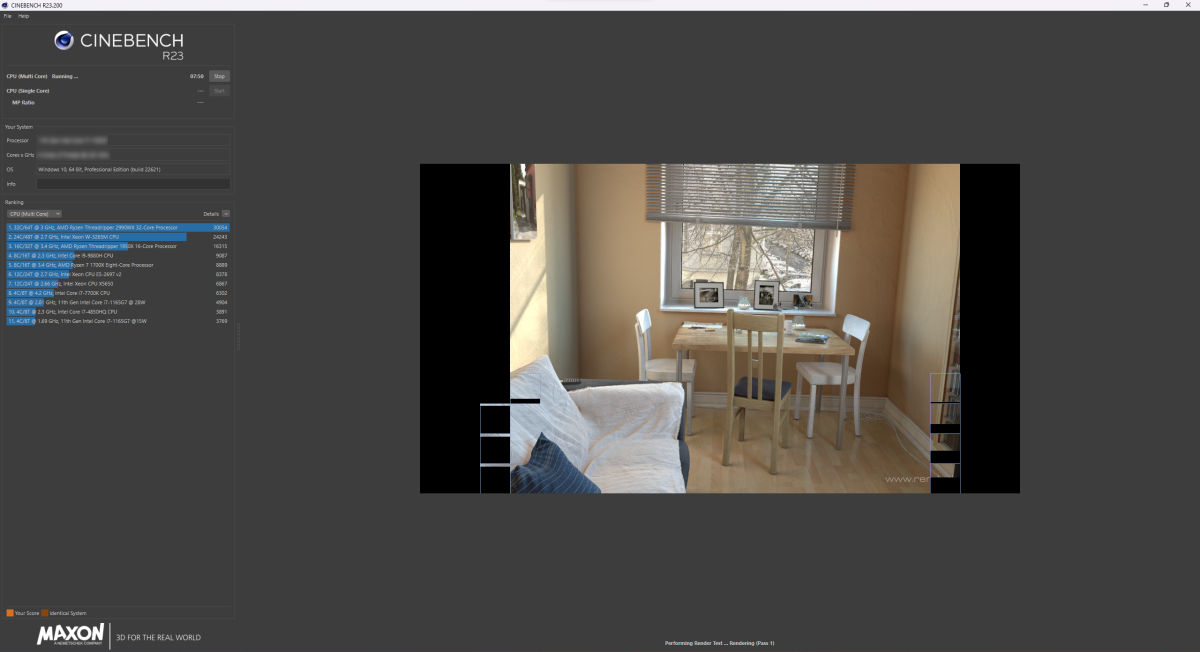
PCWorld
Throw games at the Ryzen 7 7800X3D, and it’ll handle most of them with aplomb. Even when falling notably behind the top performers, it posts big frame rates. You’ll notice the differences even less at higher resolutions and/or graphical settings that shift more work onto your graphics card—which can make its relatively more affordable price all the more alluring compared to other Ryzen 9 and 7 parts, as well as Intel Core i9 and i7 CPUs.
A graphics card worthy of being paired with the 7800x3d
However, with non-gaming tasks, the Ryzen 7 7800X3D’s results can’t be contextualized in the same way. Either a chip is faster in encoding and rendering, or it’s not. And for anything heavily reliant on CPU speed or core count, the 7800X3D lags behind. You can see it for yourself in Cinebench R23 multicore results—compared to the 13700K, AMD’s latest is 37% slower in TechSpot’s review. Other outlets had similar findings.
This behavior tracks with what we saw in the first-generation 3D V-Cache CPU, the similarly fantastic Ryzen 7 5800X3D (the 7800X3D’s predecessor!), as well as the 7950X3D when it launched. Neither of those chips could pull even with their X-variant siblings (5800X, 7950X) in content creation tasks.
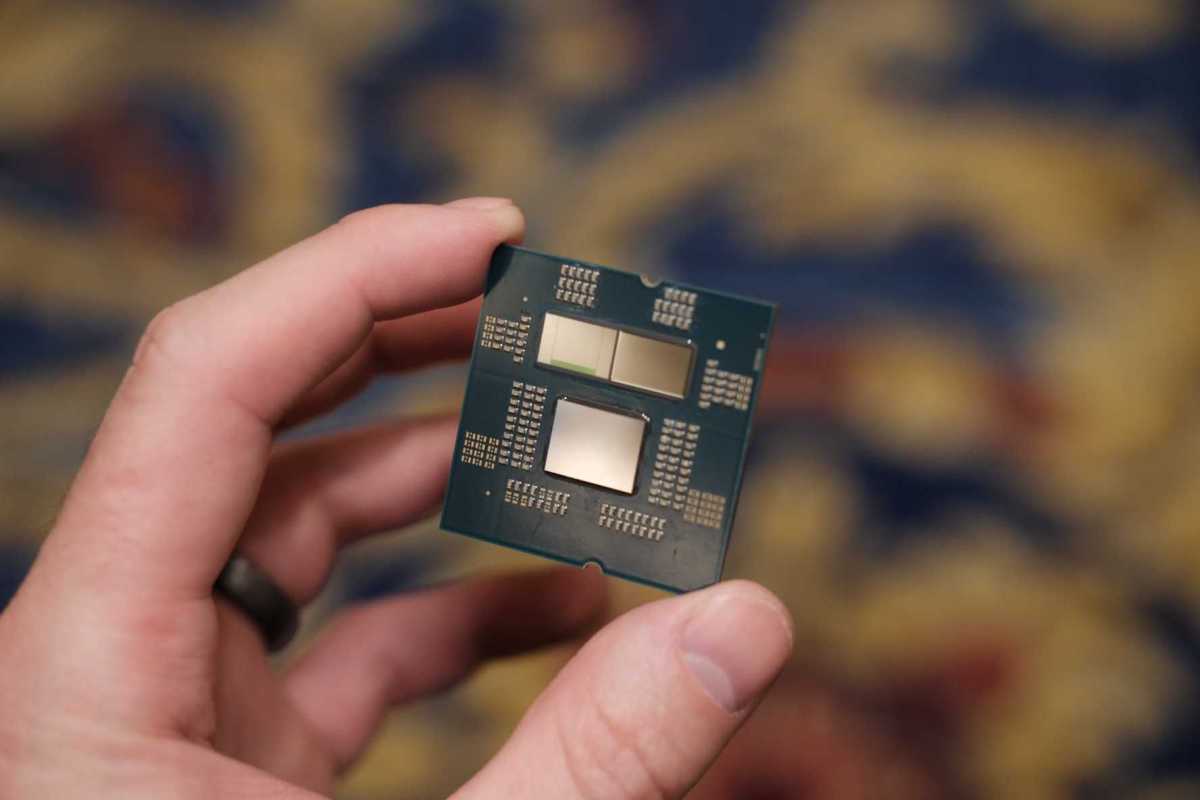
Adam Patrick Murray / IDG
But AMD’s two higher-end Ryzen 7000 3D V-Cache processors can still rip through heavy production workloads—they’re not incapable, just a little slower than the top CPUs in that regard. They’re well-suited for gamers who also want strong performance in all-core workloads, just not as much as someone whose main priority is work first, play second.
Meanwhile, the Ryzen 7 7800X3D is first and foremost a gaming CPU. If you need a processor with more even, balanced performance across the board, a rival like Intel’s Core i7-13700K will be a more ideal choice. But if you’re all in on gaming performance and can wait longer for encode to finish, this is your chip.
It’s the most power-efficient gaming chip
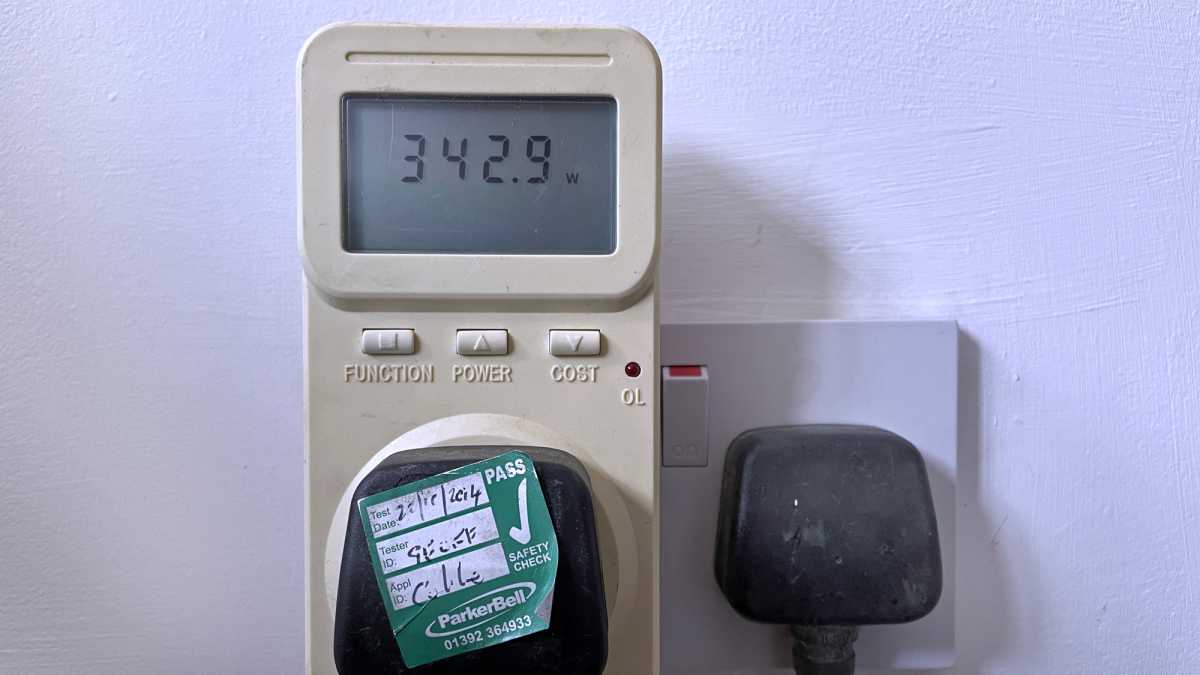
Jim Martin / Foundry
In chart after chart measuring power consumption, the Ryzen 7 7800X3D drinks down electricity far more modestly than similarly priced processors—and definitely less than AMD and Intel’s standard flagship CPUs.
The exception, of course, are t
Login to add comment
Other posts in this group

It’s possible to eject a graphics card while you’re using your comput

Transferring to a new PC can be a total time-suck — unless you’ve got


If you’re still on Windows 10, you have to know that Microsoft is end



Microsoft said today that it’s shutting down its Movies & TV storefro
